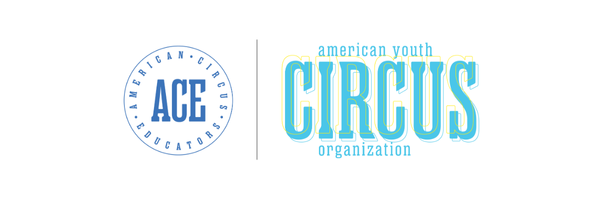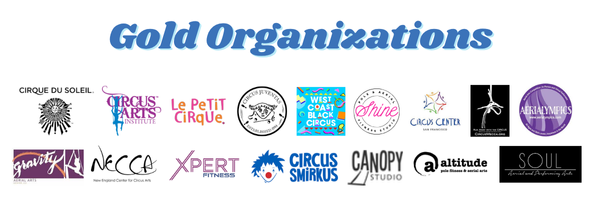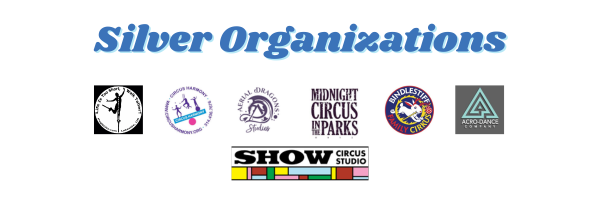Discussions
|| AYCOfest 2019 Discussion||
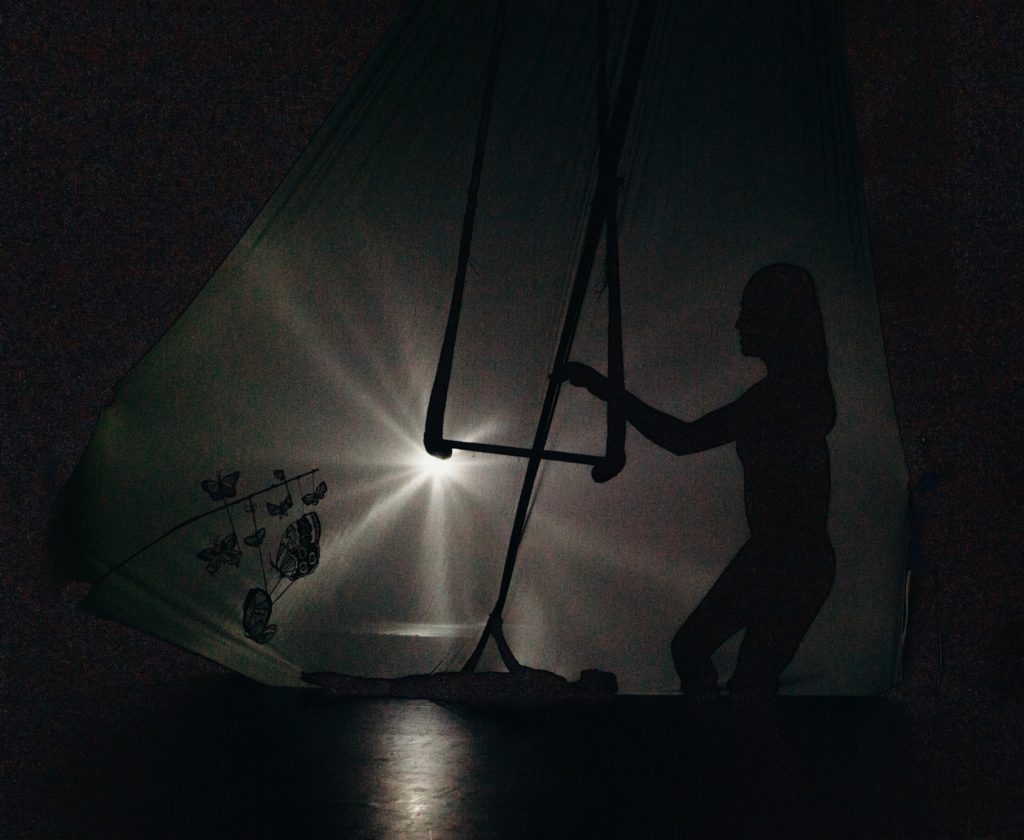
Lighting for Circus
Workshop leader: Jesse Alford
Participants engaged in conversation about what lighting contributes to a performance, and how to think critically about light, as it relates to their circus craft. After establishing a common vocabulary for how to discuss the various qualities of light (focus, color, movement, time), we were able to dissect the ways we use light in circus. With that common vocabulary, it becomes much easier to articulate what one sees or wants out of lighting. That common ground is incredibly valuable for a circus artist or technician, especially when trying to communicate the needs of an act or show. If a performer can accurately describe what they need for their act, then it makes the relationship between the lighting designer and circus artist much stronger, and gives it a solid foundation from which they can build a much more detailed and nuanced performance.
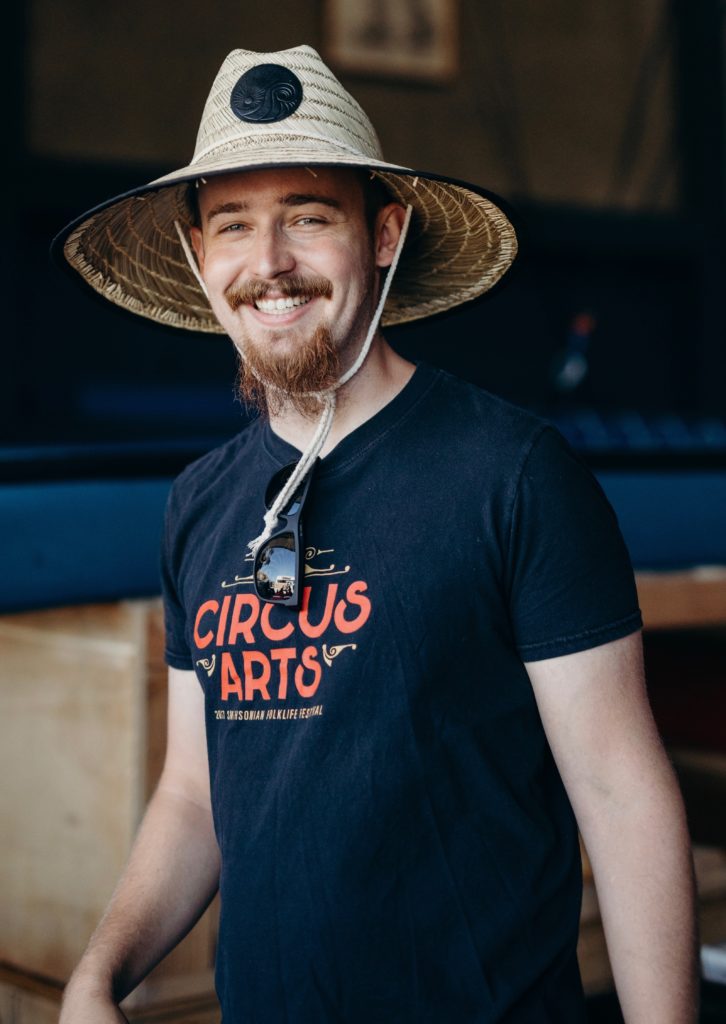
We were then able to expand that conversation beyond strictly circus, and talk about how lighting affects other types of art, or just moments in life. Lighting plays an important role in most of our physical experiences in this world, from live performance, to how we interact with our home and work environments. If we learn how to think critically about lighting, we can improve not just our circus art, but also the environments where we live and work.
Anatomy for All: Approachable & Applicable Topics for Circus Folks
Workshop leader: Gwenyth O’Brien

In this workshop, participants explored fundamental Anatomy and Physiology terminology and concepts. The workshop took a conversational approach toward learning terminology to better describe body regions and integrate the advice of medical professionals. Hands-on models and activities helped the group to visualize subunits of the musculoskeletal system and how they collaborate to allow for life upside down. In what wound up being a diverse grouping of circus students, parents, coaches, and administrators, the collective drew upon personal experiences and their own bodies as teaching tools which made each workshop unique. Students were excited to draw the bones on their hands, identify the differing joints, and analyze their actions while engaging in physical workshops at other points in the festival.
Political Circus
Workshop leader: Jordan Rempel-White
At the AYCO Conference, I hosted and led a round table discussion on Political Circus. As the title suggests, political circus is circus that raises awareness and discussion around a specific political topic or theme. In the workshop, we discussed what makes a performance political, whether a performance can be accidentally political, who can create a political circus piece, and recent political circus shows. Half a dozen people gathered to talk about political circus with me, among them Shayna Swanson, director and founder of Aloft Circus Arts in Chicago, and Joe Pinzon, founder and creative producer of Short Round Productions.

It was wonderful to hear the different perspectives and viewpoints of all the people in the room, we raised and discussed a number of interesting questions. For example, when we see minorities performing, we often view the performance as political, even if it wasn’t intended that way. Is that a fair burden to impose on the performers or the circus piece? We can watch a show that is relatively un-involving, hear the story behind it, and suddenly see it as an incredibly moving, political performance piece. Does that mean that the performance worked or not? Performance can be political to one person and not to another, all depending on interpretation and the emotions tied into it. Can a political circus piece fail as a circus performance, but excel as a political one; what about the other way around? Who has the right to create a political circus performance? A circus piece on women’s empowerment will impact the audience differently if it is made by a man, rather than by a woman. Similarly, is it okay for a director to work closely with a minority to tell their story, if the director isn’t part of that minority?
I came away from this discussion having gained a lot more insight into the political circus world. The workshop evoked many more questions for me to consider before making another political circus piece. I hope the discussion brought more awareness and intentionality to creating political circus in the circus community. I look forward to the political circus pieces that will be created in the future.

Back to ACE MAG 2019: ISSUE 2, VOL. 15
